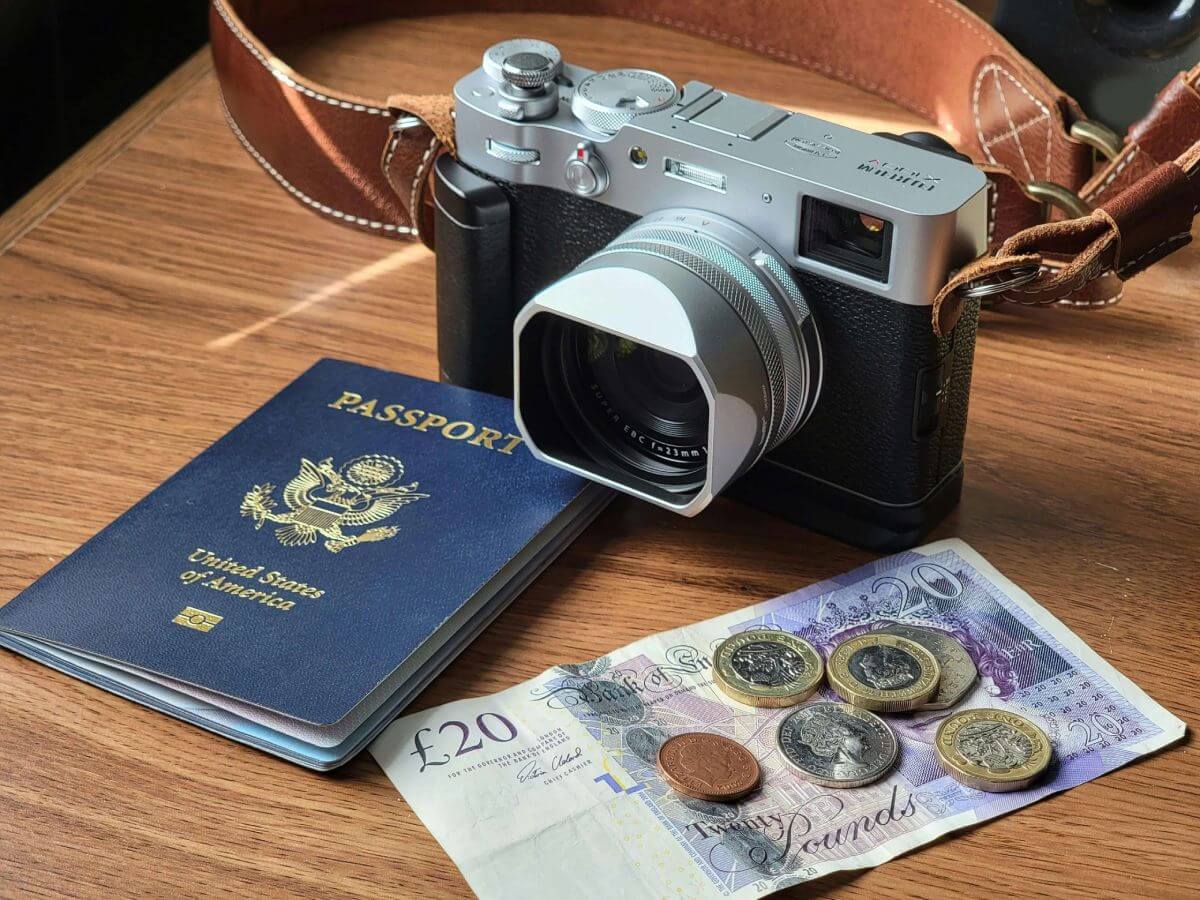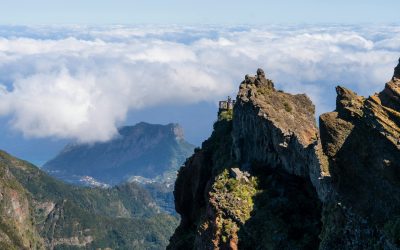Portugal’s Startup Visa presents a convincing path for those wishing to start European creative companies. Aiming to increase the nation’s IT ecosystem, the program seeks to draw talent worldwide. Before going in, though, knowing its criteria, advantages, and relative value to other visa choices like the D7 Visa is essential. Here is all you need to know about the Startup Visa Portugal, including how it ranks for businesses with passive income.
What Is the Portugal Startup Visa?
Designed for those who wish to start creative companies right here in Portugal, the Startup Visa Portugal is a residency program. It emphasises high-growth areas, especially knowledge-driven sectors, including technology. This visa can be the best fit for you if you have a workable company plan with global scalability and the possibility of generating trained employment in Portugal.
Key Benefits of the Startup Visa
The Startup Visa comes with several advantages that make it attractive for entrepreneurs worldwide:
- Fast Track to Residency: It typically takes 6 to 11 months to secure a Portuguese residence permit through this visa.
- Schengen Area Access: Holders can travel freely within the Schengen Zone.
- Family Reunification: Entrepreneurs can bring their spouses, children, and dependent parents under the same visa.
- No Language Requirement: Unlike many other visas, there is no need to demonstrate Portuguese language proficiency upfront.
- Path to Citizenship: After five years of residency, you can apply for Portuguese citizenship.
Qualifying for the Startup Visa Portugal
The eligibility criteria for the Portugal Startup Visa are relatively straightforward but require a bit of preparation:
- Age and Criminal Record: Applicants must be over 18 and have no criminal record.
- Financial Requirements: You must prove you have a minimum of €5,146.80 in your bank account to cover living expenses for one year.
- Business Plan: Your startup must focus on innovation and technology with the potential for scalability and international market entry. Additionally, it should aim to create jobs for highly skilled professionals.
- Incubator Support: Your project must be accepted by one of Portugal’s accredited incubators, which will assist in developing the business.
Documents Needed to Apply
To apply for the Startup Visa, you’ll need the following:
- A valid passport
- Detailed business plan and motivation letter
- Proof of financial resources
- CV and letters of recommendation
- A clean criminal record certificate
- Confirmation from an accredited business incubator
How to Apply for the Startup Visa: Step-by-Step Process
- Prepare Your Business Plan: This is the most critical step. Your business idea must be technologically innovative and scalable.
- Secure Incubator Approval: Contact one or more certified incubators to seek approval for your startup.
- Submit Your Application to IAPMEI: The Portuguese Agency for Competitiveness and Innovation evaluates your project’s viability.
- Get Visa Approval: Once approved, you can apply for a temporary visa to enter Portugal and apply for residency.
Startup Visa vs. D7 Visa: Which Is Better?
While the Startup Visa is great for entrepreneurs focused on innovation, the D7 Visa is often a better option for those already living off passive income streams such as investments, pensions, or remote work.
Why the D7 Visa May Be a Better Choice for Passive Income Entrepreneurs
If your entrepreneurial journey is already funded by personal wealth or you earn income through non-traditional streams like real estate or dividends, the D7 Visa could be a smoother option:
- No Business Requirement: The D7 Visa doesn’t require a startup or a business plan, making it ideal for digital nomads, freelancers, retirees, or anyone with a steady passive income.
- Lower Financial Barriers: To qualify, you only need to demonstrate a steady monthly income of approximately €850 (the Portuguese minimum wage) or show significant savings.
- Less Bureaucracy: The D7 Visa application is more straightforward and faster because you don’t have to deal with incubators or innovation agencies.
- Flexible Residency Rules: You don’t need to spend much of the year in Portugal to maintain your D7 residency, making it perfect for globetrotters.
Which Visa Is Right for You?
Choosing between the Startup Visa and the D7 Visa depends mainly on your circumstances:
- If you have a cutting-edge, scalable business idea and want to contribute to Portugal’s growing tech ecosystem, the Startup Visa is your best bet.
- If you already have a stable income from investments or remote work, the D7 Visa offers a more straightforward path to residency without needing a business.
Permanent Residency and Citizenship Opportunities
Both the Startup Visa and D7 Visa offer pathways to permanent residency and citizenship. After five years of continuous residency in Portugal, you can apply for permanent residency or citizenship, provided you meet the language requirements (A2 level in Portuguese) and other legal criteria.
Final Thoughts: Why Portugal?
Portugal is a destination for foreign talent, emphasising drawing entrepreneurs with its Startup Visa program and flexible options like the D7 Visa. There is a visa fit for your circumstances, whether your goal is to enjoy Portugal’s beautiful weather while living off your passive income or you are launching a creative digital firm.
Your financial circumstances and company objectives will eventually determine which Startup Visa and D7 Visa you choose. Portugal presents a rich setting for business and leisure interests with its robust infrastructure, incubator assistance, and expanding economy.
Conclusion
The Startup Visa from Portugal offers a unique chance for driven business people to move, create, and flourish. It provides significant support through incubators and a clear road to residency. If your business path is already financially stable from passive income, the D7 Visa might be a better choice, as it gives greater freedom with fewer bureaucratic obstacles.
Whether you’re a company entrepreneur or looking for a quiet European way of life, Portugal is a perfect location. Both visas result in permanent residency and, finally, citizenship.
FAQs
1. How long does it take to get a Startup Visa in Portugal? Once one applies for the Startup Visa, a residence visa takes six to eleven months.
2. Do I need to know Portuguese to apply for the Startup Visa? No, the application does not depend on Portuguese language expertise.
3. Can I bring my family under the Startup Visa? Under the Startup Visa, your dependant parents, children, and partner can all join you.
4. What is the minimum financial requirement for the D7 Visa? You must demonstrate a monthly passive income of about €850 or substantial savings.
5. Is applying for the D7 Visa easier if I already have a passive income? Indeed, the D7 Visa is a preferable choice for those with passive income as it calls fewer paperwork and no business plan.
This article is for general informational purposes only and is not intended to constitute legal advice. While every effort has been made to ensure the accuracy of the content, laws and legal procedures can change, and the specifics of each case can vary widely. Therefore, readers are advised to consult a qualified professional or attorney in Portugal for advice tailored to their circumstances before taking action. This article does not create an attorney-client relationship between the reader, the authors, or the publishers. The authors and publishers are not liable for any actions taken or not taken based on the content of this article.
The founding of Madeira Corporate Services dates back to 1996. MCS started as a corporate service provider in the Madeira International Business Center and rapidly became a leading management company… Read more




